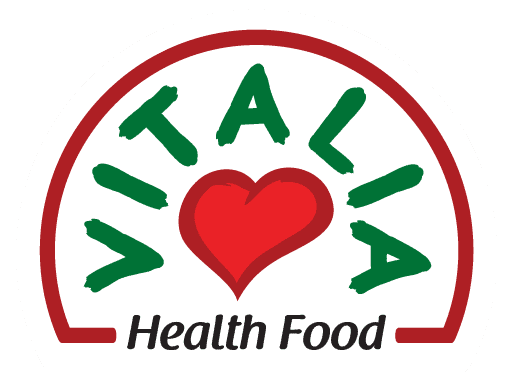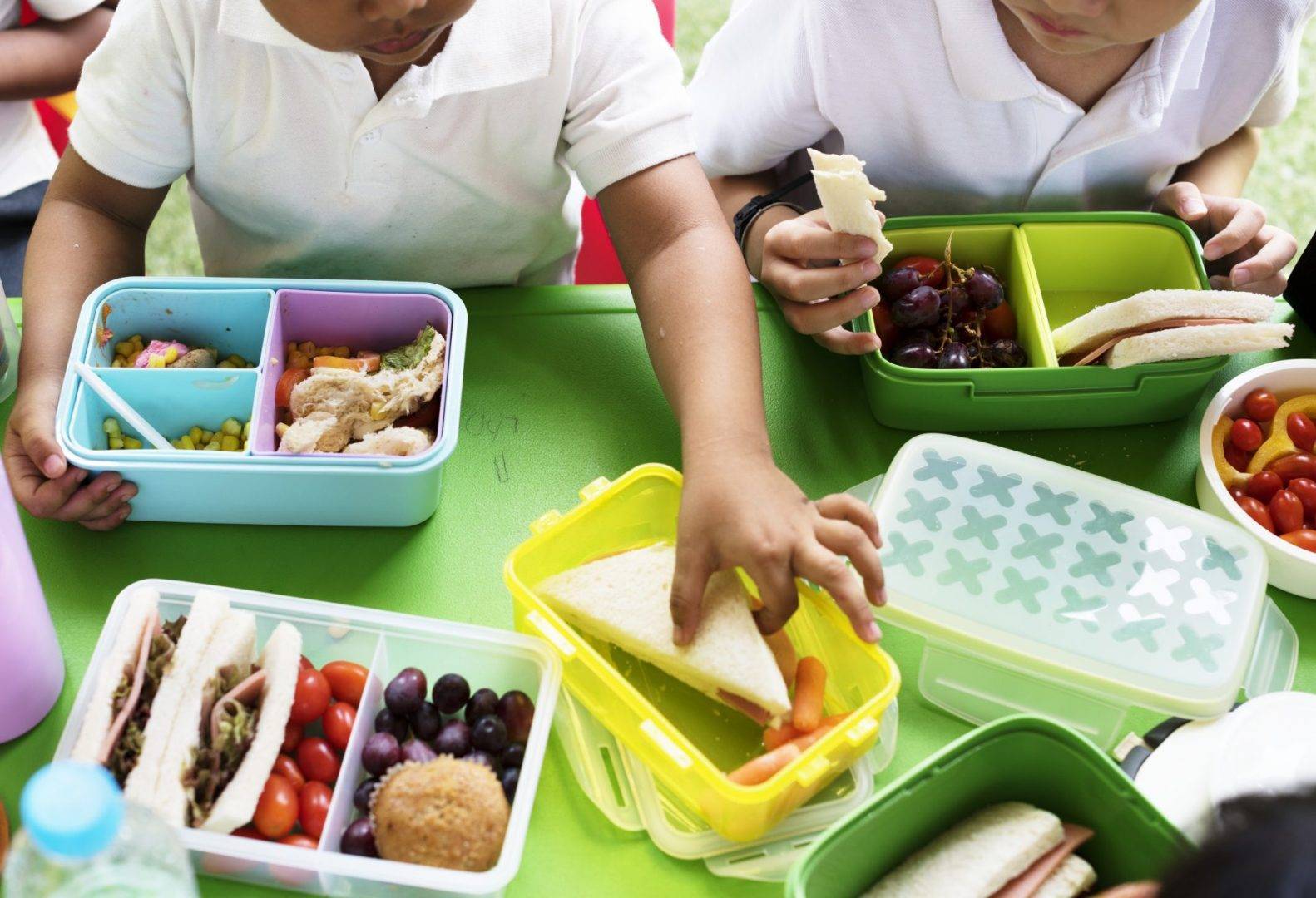- Children’s nutrition has a special meaning, because it affects their growth and development, their physical and mental ability, cognitive functions and concentration, the body’s resistance to diseases, as well as the senses of pleasure.
- A healthy, rational diet means versatile and highly valuable food that enables proper physical growth and development of the human body.
- Five meals are recommended for children and young people in order to properly distribute the energy taken in with food during the day.
- The family is the primary social context in which children develop habits and behaviors related to health and nutrition.
- A child’s eating habits are formed in early childhood and last until the end of his life.
- Providing adequate and healthy nutrition for children is the responsibility of the parent, the institutions, and the whole society.
- Nutrients kids need:
- Protein: Protein helps a child’s body build cells, break down food into energy, fight infection, and carry oxygen.
- Carbohydrates: carbohydrates are actually the body’s most important source of energy.
- Fats
- Iron
- Vitamin D
- Calcium
- Select foods with these nutrients possible: calcium, magnesium, potassium, and fiber.
- A minimum of 60 minutes of daily moderate physical activity is recommended for school-aged children.
- The most suitable activities for children are running, jumping, cycling, as well as sports games such as basketball, football, handball.
- Approximately one third of the food children consume is at school. For this reason, it is important that children have a daily balanced diet, either through packed healthy snacks and lunches or through a healthy meal plan.
- During the school breaks, the most consumed meals are:
- sandwiches/toasts
- bakery products
Vitalia products recommended for a school-age child:
Always serve breakfast, even if it has to be “on the run.” Some ideas for a quick, healthy breakfast include:
- Take Away Muesli (chocolate with skimmed milk powder, crunchy muesli banana and chocolate, granola muesli with nuts)
Muesli is full of ingredients that can aid your digestion, help you feel fuller, and protect your heart.
- Oatmeal (raspberry, chocolate & banana, cranberry, chia & caramel, nuts)
Oatmeal benefits: lowers blood sugar levels, provides antioxidants, promotes healthy bacteria in your gut.
- Probiotic Oatmeal (coconut, forest fruit and white chocolate; quinoa, raspberry, chia)
- Peanut Butter NO SUGAR ADDED
- Go Nutri cornflakes
Snacks that school-age kids might enjoy:
- Oat Crackers (seeds and vegetables; seeds and oregano; seeds and basil)
- Protein Bar (dark chocolate, peanuts and milk, milk chocolate and caramel)
- Probiotic cookies (peanut butter and nuts; dark chocolate and hazelnuts; red fruit and chia)
Probiotic food benefits: help your body digest food; keep bad bacteria from getting out of control and making you sick; create vitamins.
- Granola Bar (vanilla and whit cream; chocolate and cocoa crem) NO SUGAR ADDED
- Nuts Bar (almond & apricot; peanut & chocolate; brasil & sultana)
- Dried Fruits (papaya, pineapple, raisins, cranberry)
Dried fruit generally contains a lot of fiber and is a great source of antioxidants.
Drinks:
- Smoothie to go (antioxidant berry; slim & diet; green detox)
 Muesli & Cereals
Muesli & Cereals Oatmeals
Oatmeals Bars
Bars Snacks
Snacks Sweeteners
Sweeteners Drinks & Teas
Drinks & Teas Oil, Seeds, & Pasta
Oil, Seeds, & Pasta Specialized Products
Specialized Products Spreads & Spices
Spreads & Spices Soy Products
Soy Products

